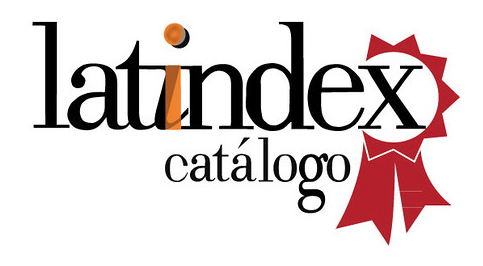El lenguaje del paisaje: alfabetización, identidad, poesía y poder/The language of landscape: Literacy, identity, poetry and power
Texto completo:
PDFResumen
Resumen
El paisaje tiene sus raíces en la relación entre las personas y el lugar. Es un decorado de la vida, una construcción cultivada, un soporte de significado. Los paisajes muestran sus orígenes, afirman la identidad y proclaman las creencias de aquéllos que los fabricaron. Afirman y refutan ideas, aluden a la literatura y al arte. Cada roca, cada río, cada árbol tienen su propia historia. Las historias que cuentan los humanos van más allá. Tienen una narrativa deliberada: historias de supervivencia, identidad, poder y anhelos. Las narrativas del paisaje son una forma de organizar la realidad, justificar actos, instruir, persuadir, incluso forzar a las personas a actuar de una forma determinada. Como la capacidad de leer y escribir en una lengua, la alfabetización en el lenguaje del paisaje implica tanto entender el mundo como transformarlo. Diseñar con inteligencia es entender los diálogos en curso en un lugar, distinguir las historias duraderas de las efímeras e imaginar cómo unirse a la conversación. Saber leer y escribir en el paisaje es reconocer en un lugar tanto sus problemas como sus recursos, entender cómo surgieron, cómo se mantienen y cómo se relacionan. Esta capacidad ha de ser un requisito previo para el planeamiento y el diseño urbano.
Palabras clave: Paisaje, lenguaje, alfabetización, identidad, desarrollo comunitario, gestión del agua, educación, historia.
Abstract
Landscape is rooted in an association between people and place. It is scene of life, cultivated construction, carrier of meaning. Landscapes speak. They disclose their origins. They assert identity and proclaim the beliefs of those who made them. They affirm and refute ideas. They allude to art and literature. Each rock, each river, each tree has its own history. The stories humans tell go further. They have a deliberate narrative: stories of survival, identity, power, and prayer. Landscape narratives are a way of organizing reality, justifying actions, instructing, persuading, even forcing, people to perform in particular ways. Like verbal literacy, landscape literacy entails both understanding the world and transforming it. To design wisely is to read ongoing dialogues in a place, to distinguish enduring stories from ephemeral ones, and to imagine how to join the conversation. To be literate in landscape is to recognize both the problems in a place and its resources, to understand how they came about, by what means they are sustained, and how they are related. Such literacy must be a prerequisite for urban planning and design.
Keywords: Landscape, language, literacy, identity, community development, water management, education, history.
Enlaces refback
- No hay ningún enlace refback.
Copyright (c) 2017 Urban

Este obra está bajo una licencia de Creative Commons Reconocimiento-NoComercial-SinObraDerivada 4.0 Internacional.








